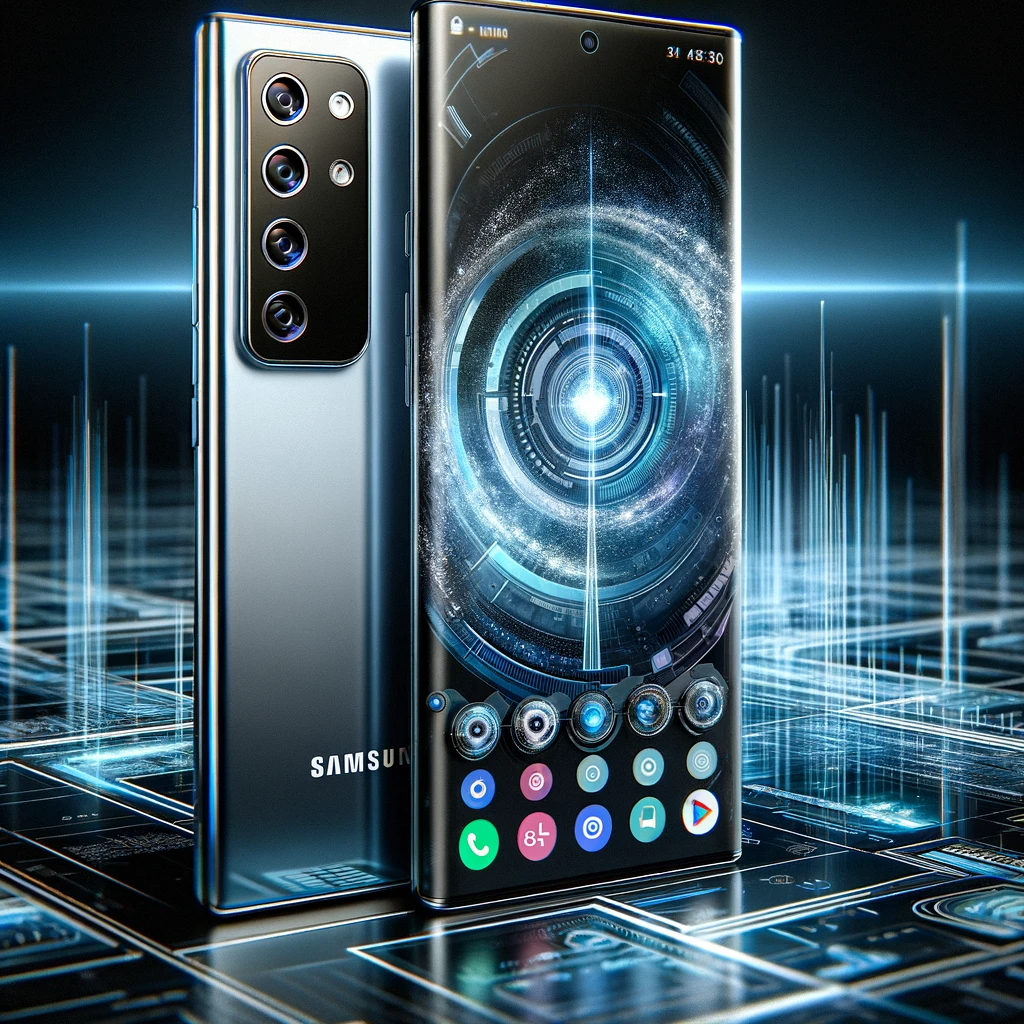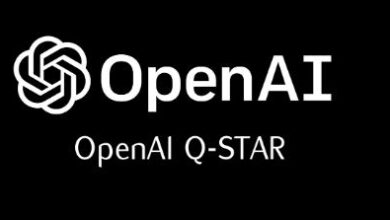Exploring Samsung’s Galaxy AI: The Future of Smart Technology

Introduction to Samsung’s Galaxy AI
In the ever-evolving world of technology, Artificial Intelligence (AI) has become a cornerstone in enhancing user experiences, particularly in smartphones. Samsung, a global leader in electronics, has been at the forefront of this revolution with its Galaxy AI. This AI technology is integrated into Samsung’s range of products, especially the Galaxy series of smartphones, offering users a smarter, more intuitive, and personalized experience.
The Genesis and Evolution of Galaxy AI

Samsung’s journey into AI began several years ago, with a focus on developing intelligent solutions that seamlessly integrate with users’ daily lives. The Galaxy AI was a significant leap in this journey, aiming to revolutionize how users interact with their devices. From voice recognition to predictive text, and smart camera functionalities, Galaxy AI has continually evolved, incorporating more advanced AI algorithms and machine learning techniques.
Core Features of Galaxy AI
- Bixby: Samsung’s AI Assistant: At the heart of Galaxy AI lies Bixby, Samsung’s AI assistant. Bixby offers voice commands, visual recognition, and language translation features, making device interaction more natural and efficient.
- Camera Intelligence: Galaxy AI enhances photography with features like scene optimization, flaw detection, and object recognition, allowing users to capture professional-quality photos effortlessly.
- Device Performance Optimization: The AI monitors device usage patterns to optimize battery life, storage, and RAM, ensuring smoother and more efficient device performance.
- Personalized User Experience: Galaxy AI learns from user preferences and behaviors, offering personalized recommendations and content, from news to entertainment.

The Impact of Galaxy AI on User Experience
Samsung’s Galaxy AI significantly impacts how users interact with their devices. By automating routine tasks and understanding user preferences, it offers a more tailored and convenient experience. The AI’s ability to learn and adapt to individual users means that the more you use your Galaxy device, the more personalized your experience becomes.
Samsung’s Galaxy AI: Challenges, Future Directions, Benefits, and Limitations
Samsung’s Galaxy AI technology has significantly impacted the world of smartphones and consumer electronics. However, like any pioneering technology, it comes with its own set of challenges and limitations, even as it offers numerous benefits. Understanding these aspects provides a holistic view of Galaxy AI’s current state and its potential future trajectory.
Challenges of Galaxy AI
- Data Privacy and Security: As AI technologies like Galaxy AI rely heavily on user data to provide personalized experiences, they raise significant privacy and security concerns. Ensuring the protection of personal information while maintaining AI functionality is a constant challenge.
- Accuracy and Reliability: AI-based systems sometimes struggle with accuracy, especially in voice recognition and predictive functionalities, leading to user frustration.
- Resource Intensiveness: Advanced AI features can be resource-intensive, potentially impacting the device’s battery life and performance.
- Integration with Diverse Ecosystems: Ensuring seamless integration of Galaxy AI across various devices and platforms poses a technological challenge, particularly in maintaining a consistent user experience.

Future Directions of Galaxy AI
- Enhanced Natural Language Processing: Improvements in natural language processing to make interactions with Bixby more intuitive and conversational.
- Greater Interoperability: Strengthening the AI’s ability to work across a broader range of devices and ecosystems, including smart home technologies.
- Advanced Personalization: Leveraging machine learning to offer even more personalized experiences based on user behavior, preferences, and patterns.
- AI in Health and Wellness: Expansion into health-related features, utilizing AI for fitness tracking, health monitoring, and wellness suggestions.
Benefits of Galaxy AI
- Improved User Experience: Galaxy AI offers a more intuitive and personalized user experience, adapting to individual preferences and usage patterns.
- Efficiency and Convenience: AI-driven features like voice commands and predictive text enhance the efficiency and convenience of using Galaxy devices.
- Enhanced Photography: AI-powered camera features enable users to take high-quality photos with ease, thanks to scene optimization and other intelligent functionalities.
- Device Optimization: Galaxy AI optimizes device performance, including battery life and storage management, leading to smoother and more efficient operation.
Limitations of Galaxy AI
- Dependence on Internet Connectivity: Many AI features require a stable internet connection, which can be a limitation in areas with poor connectivity.
- Learning Curve: Some users may find it challenging to adapt to AI-driven interfaces and functionalities, leading to a steep learning curve.
- Limited Functionality in Certain Languages: Bixby and other AI features may have limited functionality in languages other than English, affecting user experience in non-English speaking regions.
- Hardware Requirements: Advanced AI features may only be available on higher-end Galaxy models, limiting access for users with older or more basic models.

Samsung’s Galaxy AI represents a significant step in the convergence of AI and mobile technology. It not only enhances the functionality and user experience of Galaxy devices but also provides a glimpse into the future of smart technology. As AI continues to evolve, we can expect Samsung to remain at the forefront, pushing the boundaries of what’s possible in our increasingly connected world.




